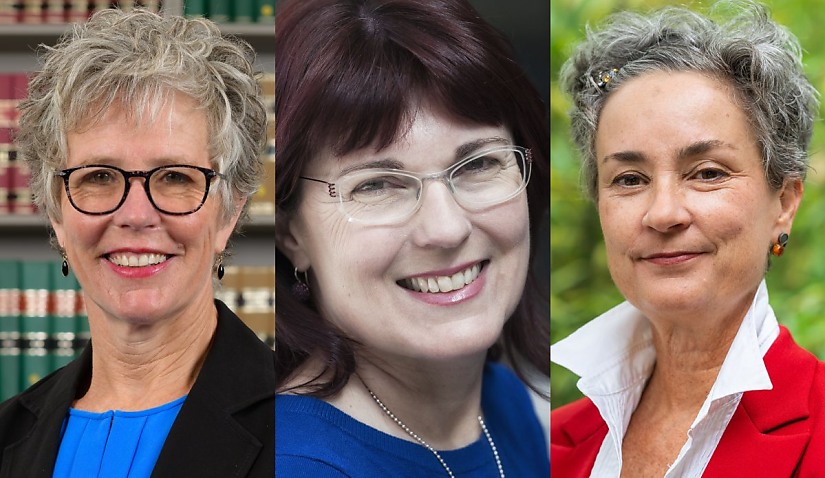Powered by MOMENTUM MEDIA
Universities across Australia discussed the importance of environmentally sustainable campuses and curriculums for the development of law students.

The QS World University Rankings: Sustainability 2023 assessed 700 universities across the globe to determine their environmental and social impact; 12 Australian universities were ranked in the top 100.
Several Australian universities commented on why their sustainable campuses and curriculums are important for their law students.
Macquarie University’s dean of law, Lise Barry, noted that law school students are increasingly coming to staff with an environmental conscience, informed by their deepening understanding of climate change.
Students have “a growing sense that the generations before them have not been good custodians of the land”, she explained.
“A green and sprawling campus is attractive to our students, but this has to be married with sustainable values.
“Students also expect sustainability and climate justice will be reflected in the Macquarie Law School curriculum, which it proudly is.
“The Macquarie Law School is home to the oldest Centre for Environmental Law (CEL) in Australia, which is celebrating its 40th anniversary next year,” Ms Barry stated.
“Preparing for and responding to climate change needs to be a core part of everything we do,” stated Professor Judith McNamara, dean of law at the University of Adelaide.
“Our students are anxious and concerned about climate change and want to learn about how laws and policies are dealing with the issues. They also want to know what they can do and how they can make an impact.
“One of the crucial responses for managing the emotional toll of such a broad, existential threat is to believe that there is something that we can do.
“Sustainability actions taken on campus can give students a practical outlet for hopeful, purposeful and community-building action.”
Madeline Allchurch, a law student at the University of Adelaide, noted: “A sustainable campus is a reflection of the value of students who hope to start their career in a world of environmental and societal balance.”
Dr Kate Galloway, associate professor at Griffith Law School, explained that there are competing facets to contemporary legal education due to an emphasis on doctrine in the accredited program, an increasing desire for “employability” skills, including legal skills and more transferable skills, and wider social goals.
“Rather than filling the curriculum with more and more, it is possible to engage our students in a wider range of experiences beyond the classroom,” she said.
“For Griffith to be a leader in sustainability provides law students with a model of organisational practice that demonstrates how both institutions and individuals can contribute to structural change.
“A climate-focused campus provides a sense of identity and agency in our graduates that sets them up to contribute to solutions for clients and for society, in the context of their professional practice and personal lives.”
Professor John Fischetti, pro-vice-chancellor from the University of Newcastle, noted that students at the university are able to enrol in a master’s of environmental law — the only legal postgraduate program in Australia that offers the opportunity to obtain certification by the United Nations Institute for Training and Research (UNITAR) and/or the United Nations Office for Disaster Risk Reduction (UNISDR).
We're evolving — and so should your insights. Heads up — Lawyers Weekly is going premium from 1 May for just $5 a month. Stay informed without missing a beat. More information coming soon.